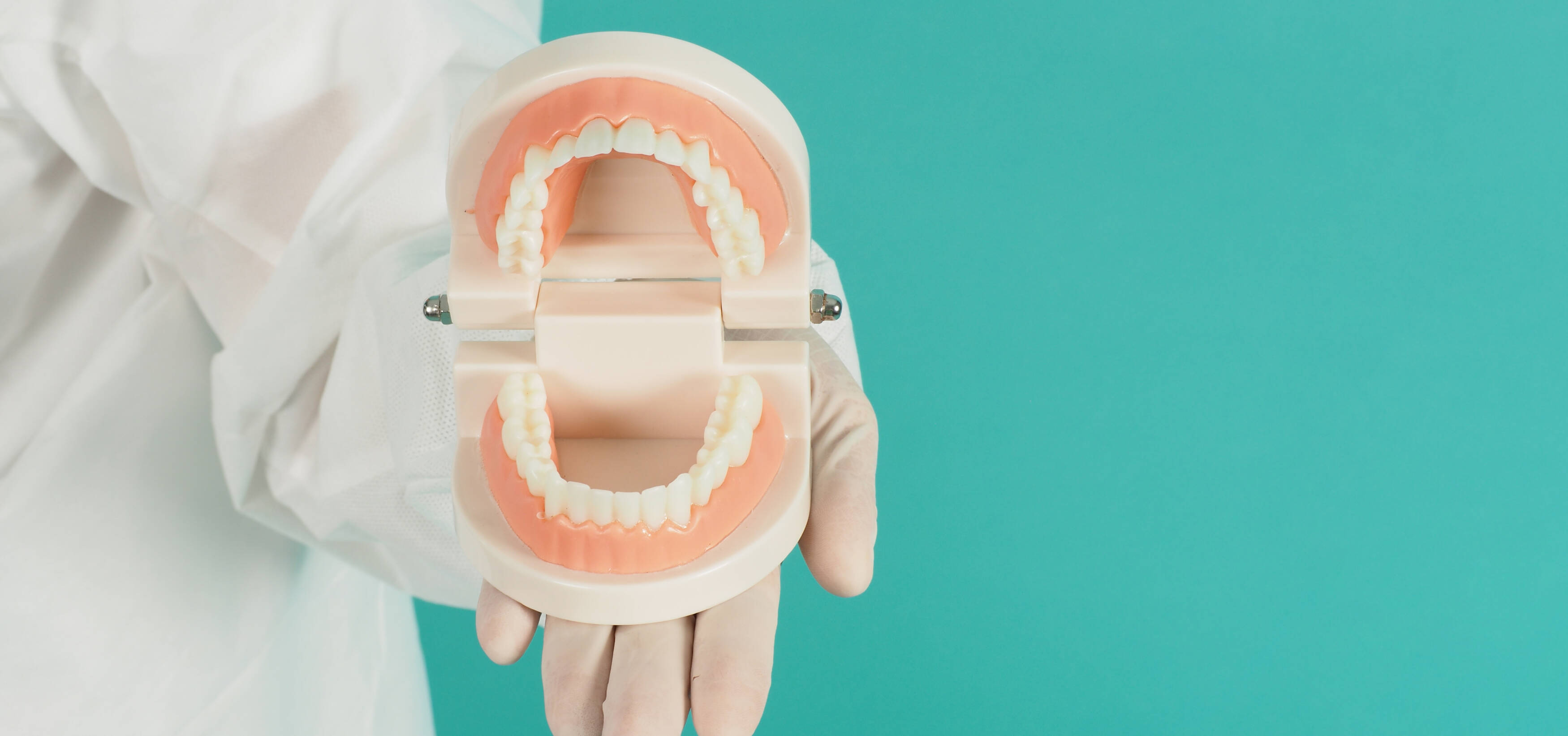
Exploring Dentures that are Permanent for a Better Quality of Life
The topic of this article is “dentures that are permanent.” This concept is a bit of a misnomer since no man-made appliance is ever permanent or designed to last for the rest of your life. That said, dentures in the context of this discussion are referred to as permanent because they are supported by and secured into place by dental implants, making them function similarly to permanent natural teeth.
Let’s discuss the types of permanent dentures available and how they might improve your appearance, comfort, denture stability, and oral health.
Types of Permanent Dentures
Assuming that you’ve already decided on dental implants to replace your missing teeth, the next decision is choosing the restoration type to restore the implants. There are two different types: fixed dentures and removable implant dentures.
Both work well for restoring the all-on-4 or all-on-6 implant configurations that are used in many denture implant cases. Permanent dentures offer tons of benefits, but which is best for you?
Implant-Supported Dentures
Implant-supported dentures are removable dentures constructed with special attachments that allow them to be connected and stabilized by multiple dental implants within a single dental arch. In addition to improved self-confidence and stability, implants prevent bone resorption, helping maintain and preserve your jawbone. This allows you to appear more youthful while avoiding that collapsed, sunken appearance, a common side-effect of wearing secure fit permanent dentures. Implant dentures can also help you chew more effectively, improving digestion and consuming hard-to-chew nutritious fruits and vegetables that support a well-balanced diet.
Implant-supported dentures are used more frequently in the lower jaw to secure lower dentures. Patients usually have more trouble keeping their lower dentures in place. However, implant-supported dentures can also be beneficial and used effectively in the upper jaw if desired.
The downsides of implant-supported removable dentures include regular maintenance to replace O-rings or nylon attachments from conventional dentures that wear out with time, increased treatment cost compared with traditional dentures that rest solely on the gum tissue, and the need to remove your dentures for daily cleanings, which could be perceived as a benefit or a drawback depending on how you look at it.
Fixed Dentures
Fixed dentures, also known as screw-retained dentures, are a special type of hybrid dentures held into place by screws that attach the restoration to dental implants. These surgically placed dental implants are really the ultimate treatment and the closest thing to chewing with a full mouth of permanent teeth. Like implant-supported removable dentures, fixed dentures offer improved function, bone preservation, and comfort.
Because there is no tolerance for error in their construction, fixed false teeth are usually made from much stronger materials than traditional dentures, such as advanced resins or zirconia.
How are permanent denture implanted? Well, since fixed dentures must align precisely with their respective implants, they often require custom implant abutments. These requirements add to the cost of restoring the case with a non-removable appliance.
Since the dentures are fixed into place in the jaw bone, the dentures must be brushed while in the mouth. This sounds like natural teeth until you realize that extra time and dexterity are required to clean under the denture and around the implants with special brushes. Still, the overall benefits of permanent dentures can far outweigh the added drawbacks.
Comparison with Traditional Dentures
There really is no comparison. Traditional dentures, particularly lower dentures, tend to float and move around while eating or speaking, making them difficult to control and use effectively, while permanent dentures stay in place, reducing frustration and embarrassment.
Stability and Comfort
Because implants are used to stabilize either removable partial dentures, or screwed-in-place full mouth restorations, they behave much more like natural teeth and don’t move while in function, allowing you to enjoy foods that were not possible to eat previously.
Oral Health Improvement
Because implant dentures do not rely on the gum tissue for support, sore spots, and tissue irritations are not typical. There is also no need for denture adhesives to help secure dentures, eliminating potential allergic reactions and messy residues.
Who Is a Candidate for Permanent Dentures?
The vast majority of patients who wear dentures or will wear dentures in the future may be good candidates for permanent dentures. While lack of adequate bone in the right locations can be an issue for some patients, that obstacle can often be overcome with a separate bone grafting procedure to increase the quantity of jawbone available before placing implants.
Not every patient is an appropriate candidate for bone grafting or implant placement. Patients with certain medical conditions, such as autoimmune diseases, tooth decay, uncontrolled diabetes, gum disease, or who smoke, may not be suitable for implant surgery. Despite their high success rate, it is always possible for implants to fail, usually during the healing and recovery process.
Patients need to be aware of the inherent risks and side effects of undergoing any surgical procedure. Despite this, dental implant treatment enjoys a greater than 95% success rate.
Consultation Process Expectations
Patients who are serious about dental implants must be closely evaluated prior to planning any treatment. The dentist or implant surgeon will carefully examine your mouth and dental ridges, making note of measurements along the way to determine whether you have an adequate quantity of bone in the right locations to accept dental implants.
They will also review your overall systemic health in great detail to assess whether it is safe to perform the implant placement procedure and whether you are likely to heal properly post-treatment. Finally, the dental professional will take additional records to confirm the visual exam. These may include X-rays, CBCT scans, study models, or consultations with your medical doctor.
Once everything checks out, a treatment plan can be developed and presented to you that includes the cost of treatment and the schedule of what is planned for each appointment. Ultimately, it’s up to you to decide if you believe that you will benefit from treatment in the long term.
Ideal Permanent Dentures with European Denture Center
Why look prematurely old or put up with dentures that move around or may fall out when speaking when dentures that are permanent can improve your overall quality of life? The knowledgeable professionals at European Denture Center have solutions to overcome issues associated with wearing complete dentures, including implant-supported dentures and fixed dentures.
If you are unhappy with your current dentures or worry about the condition of your natural teeth and the prospect of wearing dentures for the first time, better solutions could be one consult appointment away!


